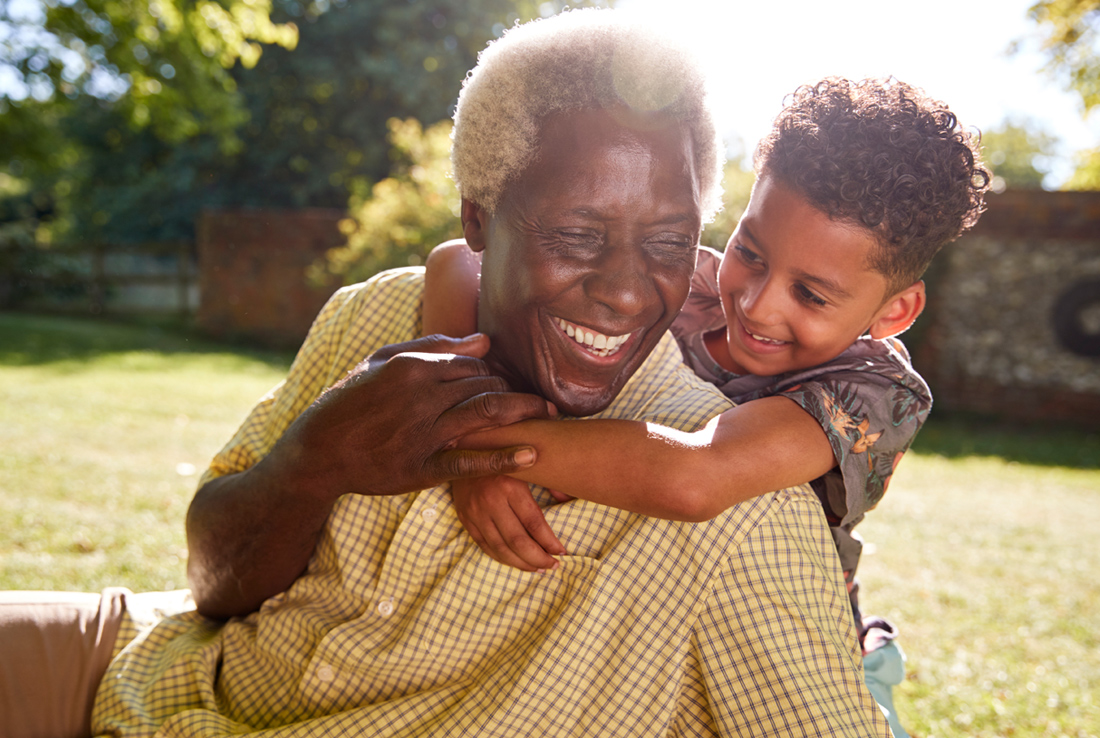Heat Safety: Enjoy Your Summer Safely With These Tips

Summer is here and with it, a season of fun. But with the summer also comes some serious heat. Staying safe in the hot weather can help you not only enjoy the sun and fun, but also avoid serious complications that can result from those rising temperatures. Here are a few easy tips to help you stay cool in the heat and advice on how to spot an emergency before it happens, to help you and your loved ones stay safe and enjoy everything the beautiful weather has to offer!
4 Easy Ways to Stay Cool In the Heat
Wear Sun-Appropriate Clothing
Light, flowy and breathable fabrics are what you should be wearing during the summer heat. The sun is more absorbed by dark colors, so try to stick to light-colored clothing that’s lightweight and allows your body to breathe. You should also consider wearing sunglasses, hats, etc. to help protect you from the heat and power of the sun.
Lather On the Sunscreen
Find a sunscreen with an SPF of at least 50 and reapply every few hours, depending on your need. It’s important to protect your skin as much as possible to avoid heat/sun-related problems like heat rash, sunburn and even skin cancer. Ensuring you’re fully covered with sunscreen doesn’t help with hydration or sweating, but it’s important to protect your skin during any outdoor activity.
Drink Plenty of Fluids
You may be used to drinking just when you’re thirsty, but when the summer sun has arrived you may want to change that habit. It’s important to drink more than you normally would to replace fluids, electrolytes and salt that your body is losing in the heat. Drink more water than normal and don’t just wait until you are thirsty to drink. Be sure you have plenty of water or other healthy fluids to keep you hydrated throughout the day.
Avoid Unnecessary Heat
If it’s going to be a scorcher, simply try avoiding the heat altogether. Stay in the air conditioning when possible or rework plans to a more accommodating space. Be sure to find shaded areas away from the sun and heat if you’re going to be outside and don’t be afraid to take breaks when necessary. You may also consider limiting your outdoor activity on hot days or during the hottest times of the day. Never, never leave yourself or others in confined, hot spaces such as cars.
Understanding the Warning Signs of Heat-Related Conditions
The human body is an incredible machine that’s designed to regulate its own temperature, but when the body is exposed to more heat than it can handle, regulation becomes unbalanced and serious issues can result. In extreme heat, it’s more difficult to maintain the body’s temperature. Dehydration, heat exhaustion and heat stroke are all common, heat-related conditions that should be treated immediately. It’s important to understand the signs that your body is too hot to help prevent, address and treat heat-related emergencies. People aged 65 and over, infants and younger children and people who are overweight are at an increased risk for heat exposure problems.
Dehydration is one of the most common problems caused by heat. When more fluids leave the body than the body is taking in, dehydration sets in and can cause serious problems. Signs of dehydration include:
- Excessive thirst or decreased urine
- Dark urine
- Fatigue, weakness and headaches
- Dizziness and delirium
- Increased heart rate, fever, low blood pressure (severe dehydration)
Heat exhaustion occurs when the body loses too much salt and water through sweating. When uncontrolled, heat exhaustion can turn into heat stroke. If suspected, victims should be moved away from the heat, given water and cooled with a shower or wet towels. The signs of heat exhaustion include:
- Severe sweating
- Pale or moist skin
- Headaches, fainting or dizziness
- Fatigue, weakness and rapid heart rate
- Muscle cramps, nausea or vomiting
Heat stroke should be treated immediately by medical professionals and occurs when the body cannot recover from heat exhaustion. Signs of heat stroke include:
- A body temperature of more than 103 degrees
- Rapid breathing, convulsions or unresponsiveness
- Headaches, confusion or irrational behavior
- Flushed skin, skin that is dry/hot to the touch
Stay aware, educated and focused on safety and you’ll enjoy a happy, healthy and hot summer! For any and all heat-related concerns remember to contact a medical professional right away!


